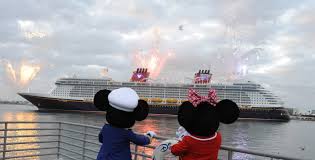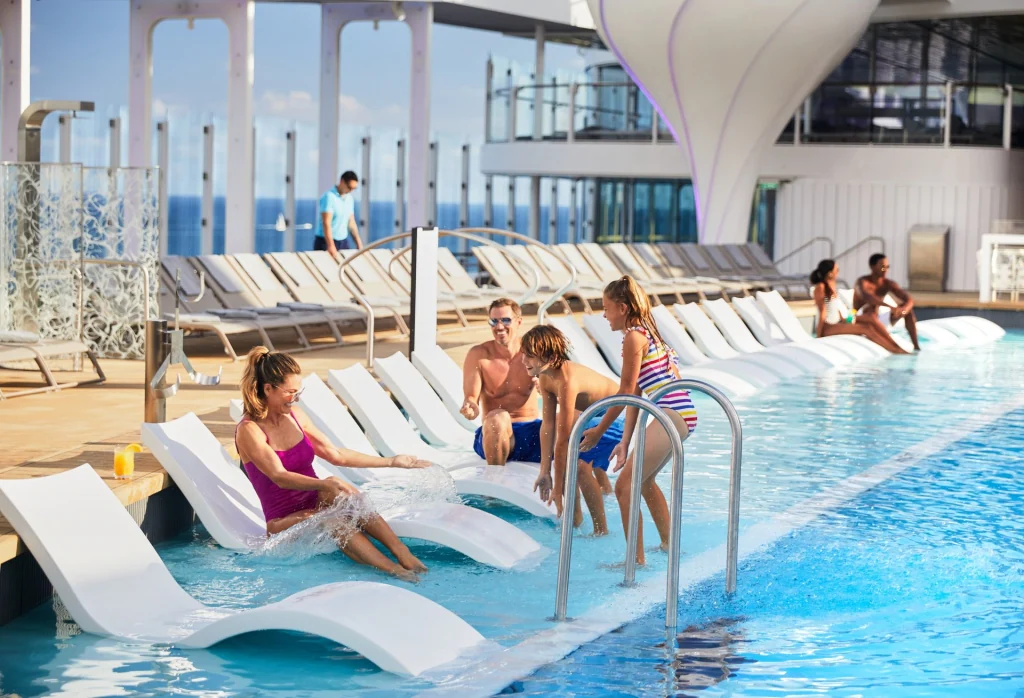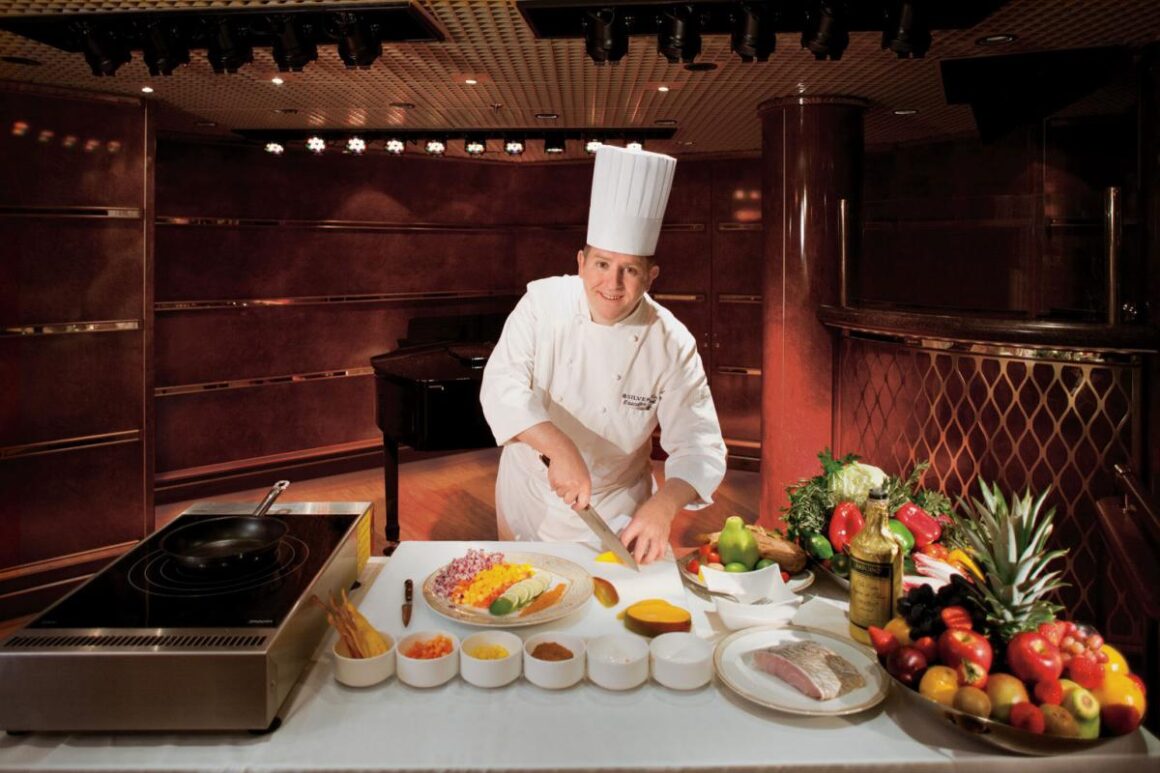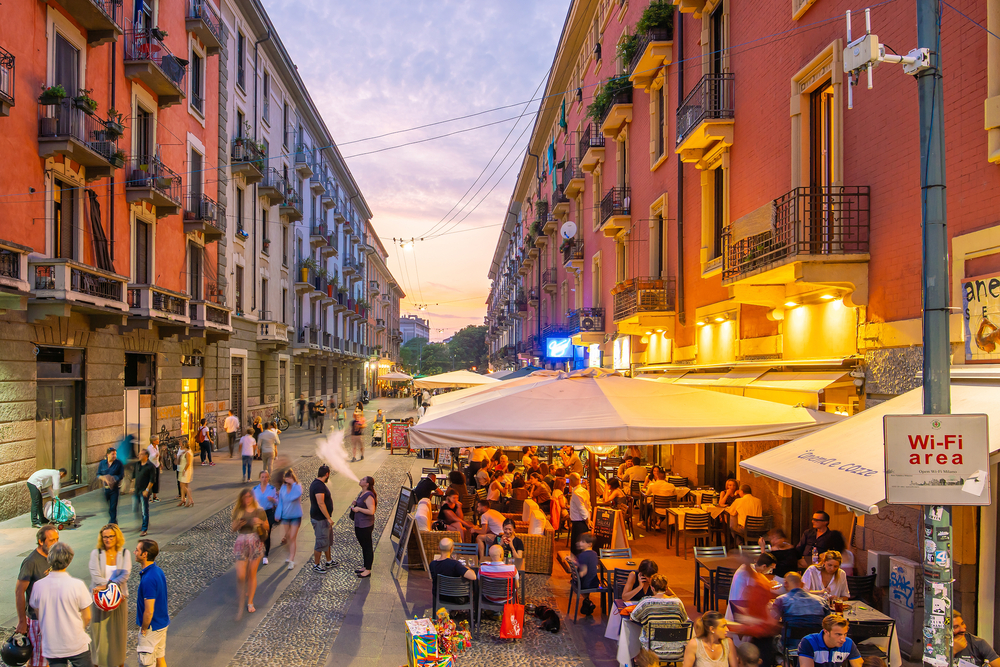 Q – Is it literally true, and legal, that if we go ahead and take a Great Lakes cruise on Viking Cruises that they will not allow our teenage kids to go with us? I am thinking this could be a great family vacation but if Viking really hates kids, I don’t want anything to do with them. I am sure your readers will be interested in your response.
Q – Is it literally true, and legal, that if we go ahead and take a Great Lakes cruise on Viking Cruises that they will not allow our teenage kids to go with us? I am thinking this could be a great family vacation but if Viking really hates kids, I don’t want anything to do with them. I am sure your readers will be interested in your response.
A – Perhaps less than you think. Viking will soon become the world’s largest upscale cruise brand. Their demographic skews older than many of their competitors. Their Scandinavian-style ships are sleek filled with sharp lines and glass walls and furnishings fitted with Nordic products. Yet, despite the modern feel of their vessels, Viking knows its consumer base and feels it wants:
- No casinos
- No kids
- Few, if any, days at sea
- More intellectual lectures versus light entertainment.
Retirees make up a large portion of Viking’s client base and every industry study seems to support the fact that retirees simply don’t want to sail with young kids. Your choices are not at all limited. Norwegian Cruise Line, Royal Caribbean, and Carnival brands comprise 84% of all berths in the US market and each of their ships caters to children. Then there is, of course, the entire Disney fleet, a line designed around serving children. You might think about dropping a line to Florida’s Governor asking him which of the Disney ships is his favorite.








